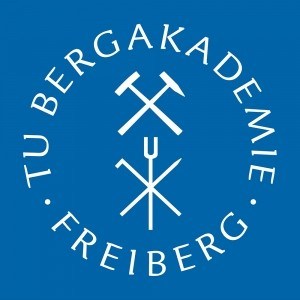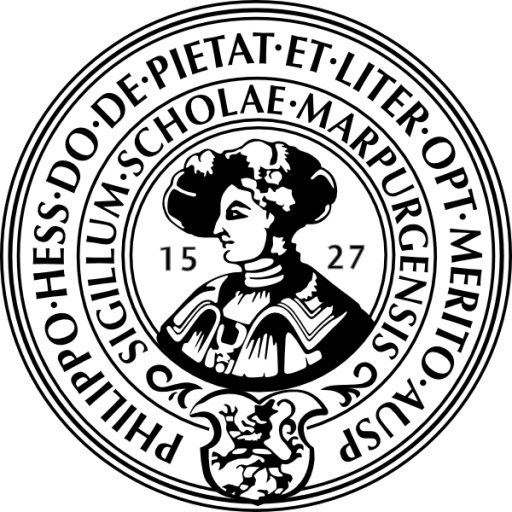Photos of university / #uni_duisburg_essen
The Master’s program in Computational Mechanics at the University of Duisburg-Essen offers a comprehensive and advanced education designed to prepare students for research and professional careers in the field of computational modeling, simulation, and analysis of mechanical systems. This interdisciplinary program combines rigorous theoretical foundations with practical skills, enabling students to address complex engineering problems using state-of-the-art computational techniques. Throughout the course of study, students are immersed in various topics such as finite element methods, multi-body dynamics, fluid-structure interaction, computational solid and fluid mechanics, and optimization techniques. The curriculum is structured to provide both a solid understanding of underlying mathematical principles and hands-on experience with modern software tools used in industry and academia.
Students will have opportunities to engage in collaborative projects, internships, and research activities, fostering innovation and problem-solving skills. The program emphasizes applied knowledge, aiming to equip graduates with the ability to develop, implement, and validate computational models for real-world applications across engineering disciplines including mechanical engineering, civil engineering, aerospace, and materials science. The courses are taught by experienced professors and researchers, many of whom are active in international research networks, ensuring that students are exposed to the latest scientific advances and industry trends.
Graduates of this program will be well-positioned for careers in engineering consultancy, research institutes, manufacturing companies, and software development firms focused on simulation and modeling solutions. Additionally, the program provides a solid foundation for those wishing to pursue doctoral studies and advanced research in computational sciences. The interdisciplinary environment of the University of Duisburg-Essen, combined with modern laboratories and research facilities, creates a stimulating setting for academic and professional growth. With a curriculum designed to foster critical thinking, technical proficiency, and innovative problem-solving, the Master’s in Computational Mechanics prepares students to become leading professionals capable of tackling the complex technical challenges of today’s engineering world.
Educational organisation
The Master's degree courses consist of the following elements:- advanced theories
- core subjects
- electives
- non-technical course offerings
The Master's thesis is an examination paper which concludes the scientific education in every Master's degree course within the academic International Studies in Engineering (ISE) programme. It is used to show that a student is capable of dealing with a problem from the corresponding field of engineering sciences autonomously, using scientific methods and presenting it comprehensibly within a given period of time. The duration for work on the Master's thesis is six months.
Study abroad unit(s)
It is obligatory for German students to stay abroad for a period of three to six months.During this time the students can:
- participate in lectures at a foreign university and earn credits by passing the examinations, or
- work on their final thesis
Forms of assessment
According to the examination regulations, the type and duration of the examination will be defined by the lecturer before the semester starts. Therefore, an examination can be a written test of 60 to 120 minutes or an oral examination of 30 to 60 minutes. The language of the examination is the same as the language of the lecture.Course objectives
In both industry and universities, there is a world-wide and long-term need for engineering graduates. The ISE programme corresponds to global market conditions and was designed to match job requirements for graduates. In particular, it offers subjects of specifically international relevance. Apart from the technical qualification, the linguistic and cultural aspects offer special advantages for the graduates in a global job market and qualify them for responsible positions in international companies or for a continuation of their academic career, e.g. when undertaking a PhD.Language requirements
Applicants must be able to demonstrate German and English language skills corresponding to Level B1 of the Common European Framework of Reference for Languages (CEFR).At the start of the programme, students must undergo placement tests in order to determine their knowledge in both languages and be placed in the appropriate courses. Students with a language certification from a qualified institute are exempt from sitting the placement test.
During the course of the ISE Master's programme, students must work towards a level B2 certification in both German and English. Students must reach a B2 proficiency level by the time they register for the final thesis. In some individual cases, language courses are a required part of the programme.
Academic requirements
The qualification for a MSc course of study in the programme ISE is met by a student's successful completion of a related degree course of study (leading to a BSc or a comparable degree) of at least three academic years' duration in the field of natural sciences or engineering sciences or computer science. The student's average grade in the previous course of study must be 2.5 or better.Another requirement is knowledge of German and English, at least at level B1 achieved on the Common European Framework of Reference for Languages (CEFR).
Enrolment fees
All students are required to pay a social contribution of about 300 EUR per semester. The social contribution includes a semester ticket covering public transport in North Rhine-Westphalia, subsidised meals in the canteen of the university, and other services.Costs of living
We recommend budgeting around 750 to 900 EUR per month for personal expenses.Job opportunities
Students may be employed as student assistants at institutes within the Department of Engineering as well as by affiliated research institutions. Companies in the region also offer similar jobs.Services and support for international students
The Support Center for (International) Engineering Students (SCIES) acts as a help desk for all study-related questions in the Department of Engineering. The mission of SCIES is to support all students at the Department of Engineering and to help them gain the most from their experience at the University of Duisburg-Essen. SCIES answers questions with regard to studies, helps in administrative matters, supports in finding accommodation, and is the first level of support for all of the students' questions.Accommodation
Accommodation is available through the Student Services Office or on the private market. Rent for a single room in a student residence is approx. 280 EUR.For more information, see: http://www.uni-due.de/scies/accommodation.shtml.









